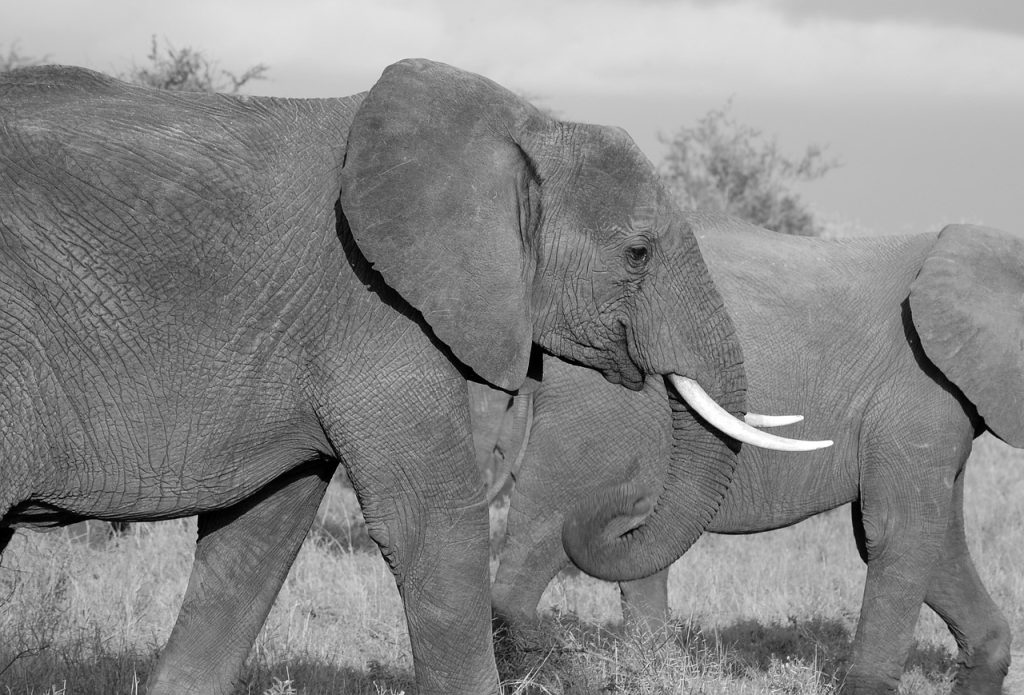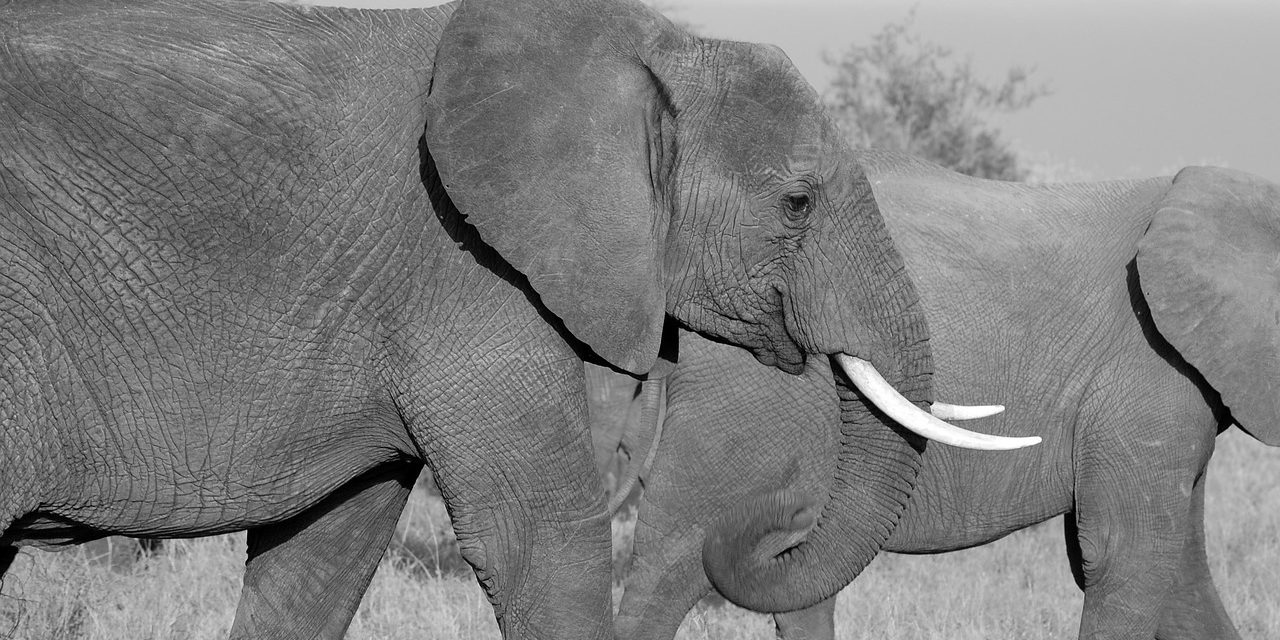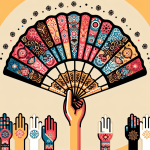Planning an African safari adventure? Before you embark on a thrilling journey through the vast wilderness, it’s important to prioritize your health and safety. In this article, we will explore the essential health precautions for your African safari travel, including the necessary vaccinations you should consider and valuable safety tips to ensure a smooth and enjoyable experience. From protecting yourself against infectious diseases to staying mindful of wildlife encounters, we’ve got you covered with all the vital information you need to make the most of your safari adventure while keeping your well-being intact. So, let’s dive in and prepare for an unforgettable journey into the heart of Africa!

Vaccinations
Before embarking on your African safari travel adventure, it is essential to ensure that you have the necessary vaccinations to protect yourself from potential health risks. Vaccinations not only safeguard your health but also contribute to the overall well-being of the local communities you encounter. Here are some vaccinations you should consider:
Required Vaccinations
Certain countries in Africa require specific vaccinations as a condition of entry. For example, the yellow fever vaccination is mandatory for travelers entering or exiting countries where this disease is prevalent. It is essential to check the vaccination requirements of your specific destination well in advance and make sure you are up to date with any mandatory vaccines.
Recommended Vaccinations
In addition to the required vaccinations, there are several other vaccines that are highly recommended for travelers to Africa. These vaccines provide protection against diseases such as hepatitis A and B, typhoid, meningitis, polio, and rabies. While not mandatory, these vaccinations are strongly recommended to ensure your safety and well-being throughout your African safari travel.
Yellow Fever Vaccination
Yellow fever is a viral disease transmitted by infected mosquitoes and is prevalent in certain parts of Africa. To prevent the spread of this potentially fatal disease, many African countries require proof of yellow fever vaccination upon entry. It is crucial to check if your destination is a yellow fever risk area and get vaccinated at least ten days before your trip.
Malaria Prophylaxis
Malaria is a mosquito-borne disease that can be severe or even fatal if left untreated. Precautionary measures, such as taking malaria prophylaxis medication, using mosquito repellent, and sleeping under mosquito nets, are essential to reduce the risk of contracting this disease. Consult with your healthcare provider or travel health specialist to determine the most suitable malaria prophylaxis for your trip.
Travelers’ Diarrhea Vaccination
Travelers’ diarrhea can be a common problem when visiting new destinations, especially in developing countries. While there is no specific vaccination for travelers’ diarrhea, there are general preventative measures you can take, such as practicing good hand hygiene, avoiding tap water and ice, and consuming only cooked foods. Additionally, you can consider medications such as antibiotics or over-the-counter antidiarrheal medications to manage symptoms if needed.
Safety Tips
In addition to ensuring you have the necessary vaccinations, it’s important to take appropriate safety precautions while on your African safari travel. By following these safety tips, you can minimize potential risks and enjoy a safe and memorable journey:
Medical Insurance
Before embarking on your African safari travel, it is crucial to review your medical insurance coverage. Ensure your policy includes international coverage and covers any necessary medical expenses, such as emergency medical evacuation. Inquire about any additional coverage specifically related to adventure travel or activities you plan to undertake during your trip.
Consulting a Travel Health Specialist
To get the most accurate and up-to-date information regarding health risks in your destination, it is recommended to consult a travel health specialist. They can provide personalized advice based on your medical history, specific itinerary, and current health conditions. A travel health specialist can also give you recommendations on necessary vaccinations, malaria prophylaxis, and general health precautions.
Packing a First Aid Kit
It is wise to pack a well-equipped first aid kit tailored to your specific needs for your African safari travel. This kit should include essentials such as bandages, antiseptic creams, insect repellent, sunscreen, over-the-counter pain relievers, and any prescription medications you require. Having a comprehensive first aid kit ensures you are prepared for minor injuries or illnesses throughout your trip.
Protection against Mosquitoes
Mosquitoes are prevalent in many parts of Africa, and their bites can transmit diseases such as malaria and dengue fever. To protect yourself from mosquito bites, it is advisable to use insect repellents containing DEET, wear long sleeves and pants during periods of high mosquito activity, and sleep under mosquito nets. Taking these precautions will significantly reduce the risk of mosquito-borne diseases.
Avoiding Contact with Wild Animals
While encountering wildlife is a highlight of an African safari travel experience, it is essential to maintain a safe distance and avoid any direct contact with wild animals. Respect their habitat and never attempt to approach, touch, or interact with them. Keep in mind that wild animals are unpredictable, and provoking them can lead to harmful situations for both you and the animal.
Safe Drinking Water
Access to safe drinking water can vary in different parts of Africa. To prevent waterborne diseases, it is recommended to drink bottled or purified water. Avoid consuming tap water, using ice made from tap water, or eating raw fruits and vegetables that may have been washed with untreated water. Staying hydrated is crucial, so ensure you have access to safe drinking water throughout your journey.
Sun Protection
Sun exposure in Africa can be intense, especially during the peak hours of the day. Protect yourself from harmful UV rays by applying sunscreen with a high SPF, wearing a wide-brimmed hat, sunglasses, and lightweight, breathable clothing that covers your skin. It is also important to seek shade whenever possible and stay hydrated to avoid heat-related illnesses.
Safe Food Handling
Food hygiene practices can vary between different regions and establishments in Africa. To reduce the risk of foodborne illnesses, it is essential to practice safe food handling. Avoid consuming raw or undercooked foods, opt for freshly cooked meals, and ensure that all fruits and vegetables are thoroughly washed or peeled. Be cautious when dining at street food stalls and choose establishments with a good reputation for cleanliness.
Emergency Contacts
Before embarking on your African safari travel, ensure you have a list of emergency contacts readily available. Save the contact information for local emergency services, your travel insurance provider, and the nearest consulate or embassy of your home country. Additionally, share your travel itinerary with a trusted individual back home who can assist in case of an emergency.
Travel with a Group
Traveling in a group can provide an extra layer of safety and security during your African safari travel. Joining an organized tour or traveling with like-minded individuals allows for shared experiences, assistance in case of emergencies, and the opportunity to learn from experienced guides. Traveling in a group also helps deter potential theft or safety risks, ensuring a more enjoyable and worry-free journey.
By taking the necessary health precautions and adhering to these safety tips, you can embark on your African safari travel adventure with confidence. Remember to consult with healthcare professionals, plan ahead, and stay informed about the specific health risks and safety considerations of your chosen destination. With careful preparation, your African safari travel experience will be a truly memorable and safe one.













